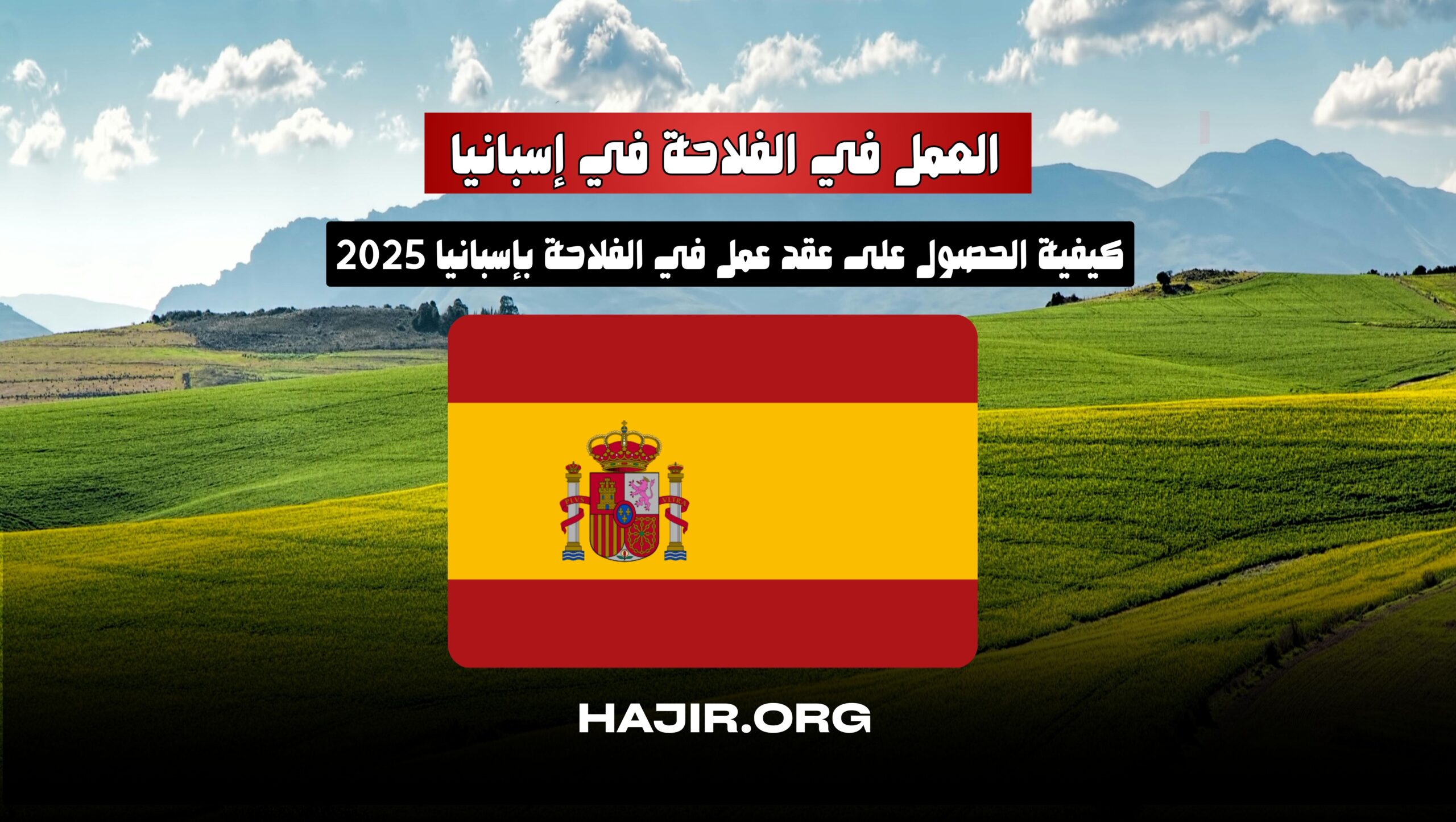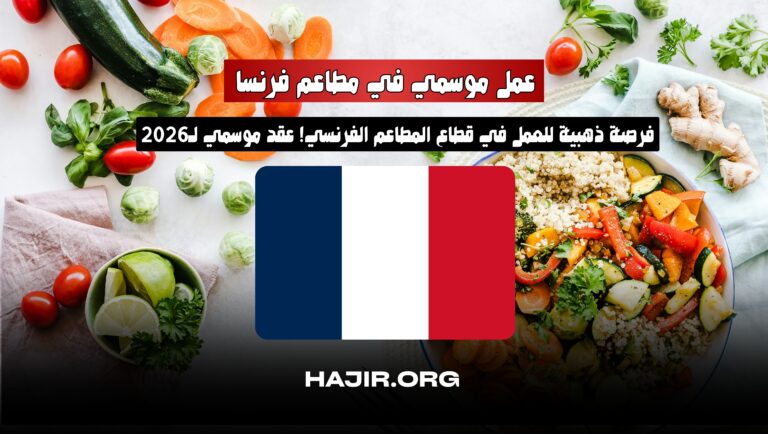Spain’s agricultural sector is a powerhouse, contributing over €50 billion annually to the economy and employing hundreds of thousands in fruit harvesting, olive production, and vineyard work. For non-EU citizens, securing a work contract in agriculture in Spain is feasible through seasonal and long-term visas, especially with the 2025 quotas emphasizing labor shortages in regions like Andalusia, Murcia, and Valencia. As of November 2025, Spain’s Decreto Flussi-inspired seasonal worker program allocates thousands of permits for agriculture, often with employer sponsorship. Whether you’re from Morocco, Colombia, Ecuador, Egypt, or Tunisia (countries with bilateral agreements), this guide outlines eligibility, steps, costs, and tips based on official sources like the Spanish Ministry of Labor and Immigration. Note: Processes can change, so verify on exteriores.gob.es or your local consulate.
Why Work in Agriculture in Spain?
Spain is Europe’s top agricultural producer, with peaks in spring (citrus) and autumn (grapes/olives). Entry-level roles like fruit pickers or harvesters pay €6–€8/hour (€1,100–€1,400/month), while skilled positions (e.g., mechanics) reach €1,800–€3,000/month. Benefits include housing allowances, health insurance, and a path to permanent residency after 5 years. Seasonal visas (up to 9 months) suit beginners, with options for renewal or conversion to non-seasonal permits.
For non-EU citizens, agriculture is quota-protected (e.g., 10,000+ slots for 2025 harvests), prioritizing bilateral partners. Success rate: High with a job offer—80% of sponsored applications approved.
Eligibility Requirements
To qualify for a work contract in agriculture in Spain as a non-EU citizen:
- Nationality: From eligible countries (e.g., Morocco, Colombia, Ecuador, Senegal, Ukraine, Egypt, Tunisia, Jordan). Full list in annual quotas; ineligible if from high-immigration nations like China or India without sponsorship.
- Job Offer: A formal, stamped contract from a Spanish employer (e.g., farm cooperative or agribusiness). Must detail duties, salary (min. €1,134/month gross), duration, and housing if provided.
- Experience/Skills: Entry-level OK (no degree needed); 1–2 years in farming/harvesting preferred for competitive edges. Physical fitness required for demanding tasks.
- Language: Basic Spanish (A1 level) or English; not mandatory but helpful.
- Age/Health: 18+; medical certificate proving fitness for work (no serious conditions).
- Other: Clean criminal record, proof of return intent (e.g., ties to home country), and sufficient funds (€600–€900) for initial stay.
Employers must prove no EU candidates available (labor market test, often waived for agriculture).
Types of Work Visas for Agriculture
- Seasonal Work Visa (Autorización de Residencia Temporal por Circunstancias de Producción): For 3–9 months (max 9 in 12 months). Ideal for harvests; renewable if quotas allow.
- Non-Seasonal Work Visa: For year-round roles (e.g., maintenance); leads to residency after 1–2 years.
- EU Blue Card: For skilled (e.g., agronomists); min. €40,000/year salary.
Processing: 1–3 months; fee €60–€100.
Step-by-Step Application Process
Step 1: Find a Job Offer
- Use platforms: EURES (eures.europa.eu), InfoJobs.es, or farm-specific sites like Agrobase or PickingJobs.com.
- Target cooperatives in Andalusia (olives) or Catalonia (fruits). Bilingual agreements favor Moroccan/Tunisian applicants.
- Network via LinkedIn or Facebook groups (“Trabajos Agrícolas en España”).
- Secure a contract: Employer stamps it and applies for your work authorization (Nulla Osta) via the Unidad de Grandes Empresas (UGE).
Step 2: Employer Handles Initial Authorization
- Employer submits to UGE: Contract, labor market proof, and company docs. Approval: 20–30 days.
- Receive authorization letter (for visa application).
Step 3: Apply for Visa
- At Spanish consulate in your country: Submit passport, photos, application form (EX-03), medical cert, criminal record, and proof of funds.
- Fee: €60–€80; interview may be required.
- Processing: 15–60 days; collect visa (Type D, valid 90 days for entry).
Step 4: Enter Spain and Register
- Arrive within visa validity; employer meets you at airport/port.
- Within 30 days: Apply for residence card (TIE) at local Foreigners’ Office (Oficina de Extranjería).
- Register with Social Security (for taxes/healthcare) and town hall (empadronamiento).
Step 5: Start Work and Renew
- Begin contract; track hours for minimum wage compliance.
- Renewal: Employer reapplies 60 days before expiry; path to PR after 5 years.
Total timeline: 2–4 months from job search.
Costs and Financial Considerations
- Visa Fees: €60 (application) + €10.70 (TIE card).
- Other: Medical exam €50–€100; translations €20–€50/page; travel to consulate.
- Salary Expectation: €900–€1,400/month net for seasonal; housing often subsidized (€200–€300/month).
- Savings Tip: Bilateral programs (e.g., Morocco-Spain) waive some fees.
Challenges and Tips for Success
Challenges: Quotas fill fast (apply early); physical demands; language barriers.
Tips:
- Start in fall for 2026 spring quotas (announced December 2025).
- Use accredited agencies (e.g., Manpower Spain) for job matching.
- Learn basic Spanish via Duolingo; get apostilled docs.
- Avoid scams: Only official consulates/employers.
- For Arabs: Leverage agreements with Morocco/Tunisia for priority.
Conclusion: Harvest Your Future in Spain
Securing a work contract in agriculture in Spain is achievable with a solid job offer and timely application—opening doors to Europe’s sunny fields and stable life. Monitor exteriores.gob.es for 2026 quotas and start networking today. With Spain’s welcoming reforms, your green journey awaits!
Resources:
- Official Visa Portal: exteriores.gob.es
- Job Search: eures.europa.eu
- Consulate Locator: Search “Embajada de España [your country]”




